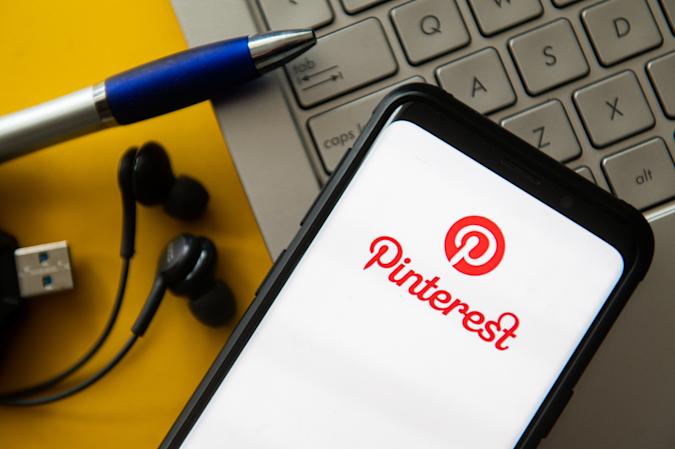Pinterest said that it would remove all weight-loss advertising off its site as of July 1. This decision makes it the first major social media company to do so. This new policy “embraces body acceptance,” during a sensitive moment for many individuals as they emerge from the epidemic.
According to advertising analytics firm MediaRadar, weight loss businesses spent $372 million on advertising across TV, internet, and print formats between January and June 2021, up 89 percent over the same time last year. In addition, it claimed a 120 percent rise in weight loss ad expenditure on Facebook year over year. This is making “use of social media” toxic for people with weight insecurities. And maybe, this step by Pinterest will motivate other platforms to apply similar regulations too.
Pinterest bans weight loss ads :
Pinterest is a famous picture-based social network, which enables users to build and share mood boards. More than 60% of Pinterest’s global users are women, according to the company. Now, it will not allow ads featuring testimonials about weight reduction or products and ads mentioning body mass index (BMI) or comparable indexes.

Pinterest will prohibit any weight loss-related language and images, as well as advertising that idealize or degrade specific body shapes. However, the ads that don’t “focus on weight reduction” but promote healthy habits or fitness services and goods are allowed on the site.
The platform created this policy with the help of the National Eating Disorders Association. According to Pinterest, the policy is an extension of its prior standards. The early standards prohibited body-shaming and the use of hazardous weight-loss products.
What is the goal of imposing this ban?
As a result of this ban, Pinterest is the only major site that strictly prohibits any weight loss advertisements. According to Sarah Bromma, Pinterest’s head of policy, the rule change prioritized Pinterest users’ “emotional and mental health and wellness”. This will make the site friendly to those directly impacted by eating disorders, diet culture, or body shaming.

The business has long struggled to fight pro-eating disorder information on its site, blocking searches for such content and directing consumers to expert groups since 2015. It has already prohibited ads advertising weight reduction medications and those with before-and-after weight-loss pictures.
According to research published in 2020, people with eating disorders in the US were concerned about “exposure to harmful social media” due to COVID-19-related weight gain. As the COVID 19 lockdown lifts, people have difficulty coping with society’s ideal physique standards. The decision is part of a more significant body-positivity movement that aims to welcome individuals of all shapes and sizes.
Other apps like Instagram and Facebook also restrict content that advertise diets. When users search for eating disorder-related subjects on Instagram, it also links them to NEDA services. Last year, TikTok banned ads for weight-loss goods as well as those that “promote a hazardous or negative body image.” This awareness among social media can help make these platforms a safe place for everyone.









